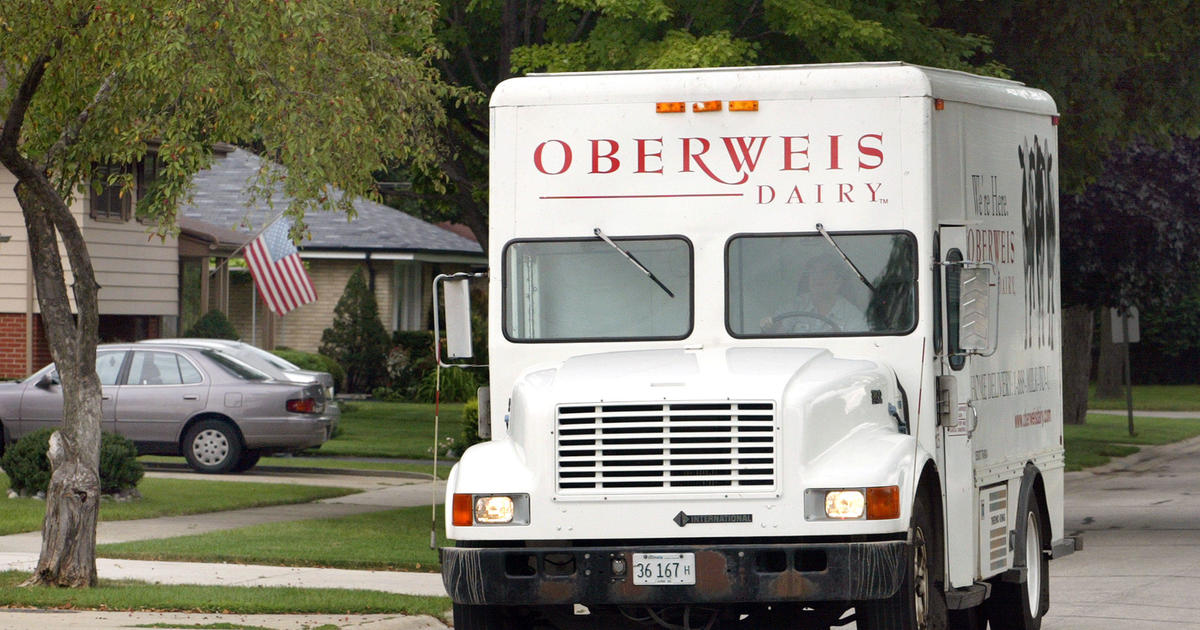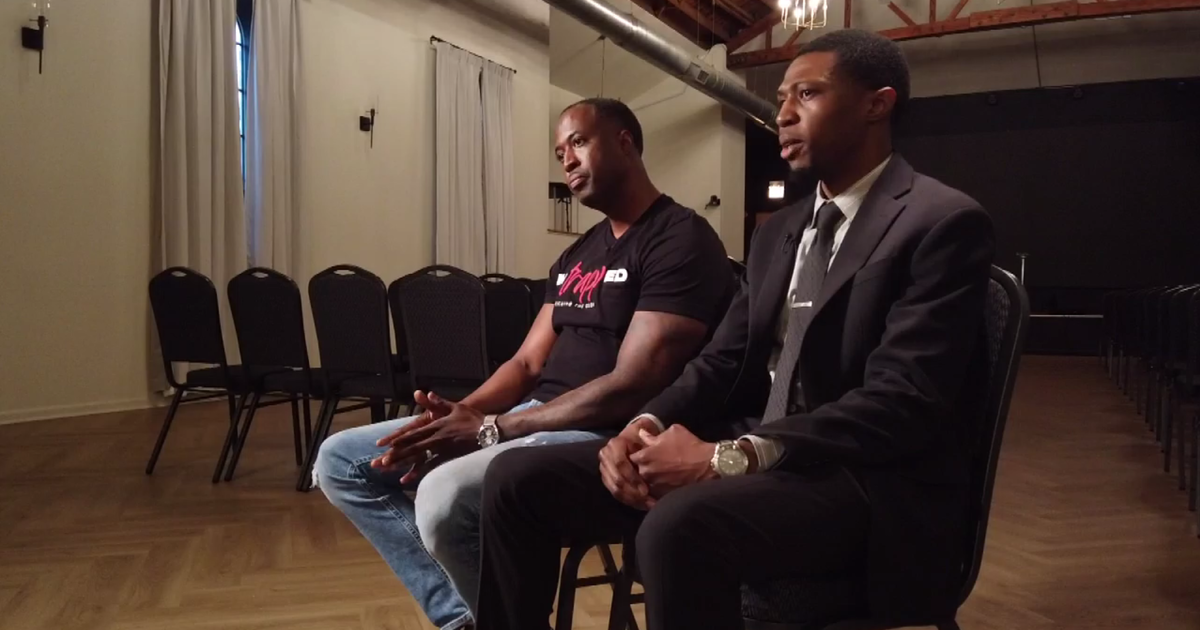Decommissioning Of Zion Nuclear Plant Raises Safety Concerns
ZION, Ill. (CBS) -- It's the largest closing of a nuclear plant in the United States, and it's right in our backyard.
The most critical and dangerous part of the process at Zion is underway right now with the transfer of used nuclear fuel.
CBS 2's Jim Williams is the only local TV reporter allowed inside to see firsthand what's going on and to get answers to concerns about safety in this original report.
For us, it was a first: an interview right next to a worker holding a radiation detector.
"You're making sure that we're safe?" Jim asked.
A worker answered, "Correct."
You have to be this careful when crews are moving 1,500 tons of nuclear waste out of the old Zion ComEd plant on the shores of Lake Michigan.
John Sauger is managing the biggest closure of a nuclear plant in U.S. history.
"The idea is to decontaminate, clean, remove," said Sauger.
The plant stopped operating 16 years ago, but what was left behind is so toxic robots were brought in.
"You don't want men in there using hand tools and torches," said Sauger.
By train and truck, they're shipping the less hazardous material to Texas, Tennessee and Utah where it will be buried.
Dan Pryor is the project manager. He described the less hazardous material as "filters, rags, mops; things that might have been in contact with radiated material and might be contaminated."
But spent nuclear fuel that had been in this cooling pool is being placed in steel cylinders called casks and then encased in concrete.
Dave Kraft of the Nuclear Energy Information Service said, "We call this the nuclear bowling alley," because all 65 casks will end up together above ground next to the old plant.
Kraft fears they could be a prime target for terrorists in a plane.
"If you have a huge fire from a burning airliner for example, It's going to affect everything around," said Kraft.
Kraft and Paul Kakuris, of the Dunesland Preservation Society worry the casks could break open, releasing radiation across the Chicago area and poisoning the Lake.
"We are at risk here. This is the water supply for 20 million people," said Kakuris.
What happens if a plane were to crash over there? Those fears are not justified, according to John Sauger.
"If it's a big enough plane, one of the engines may penetrate the concrete but not the steel liner," said Sauger.
Today, the casks are surrounded by high fences and razor wire. Heavily armed security guards are everywhere there. Still, it's not enough to satisfy the critics.
"You only get one chance to be wrong," said Kraft.
Another safety concern is how will those steel and concrete casks hold up over time before a permanent storage site is created? The nuclear regulatory commission expects them to be replaced in 100 years. But, environmentalists fear those casks may wind up sitting there next to Lake Michigan for much longer than that.



